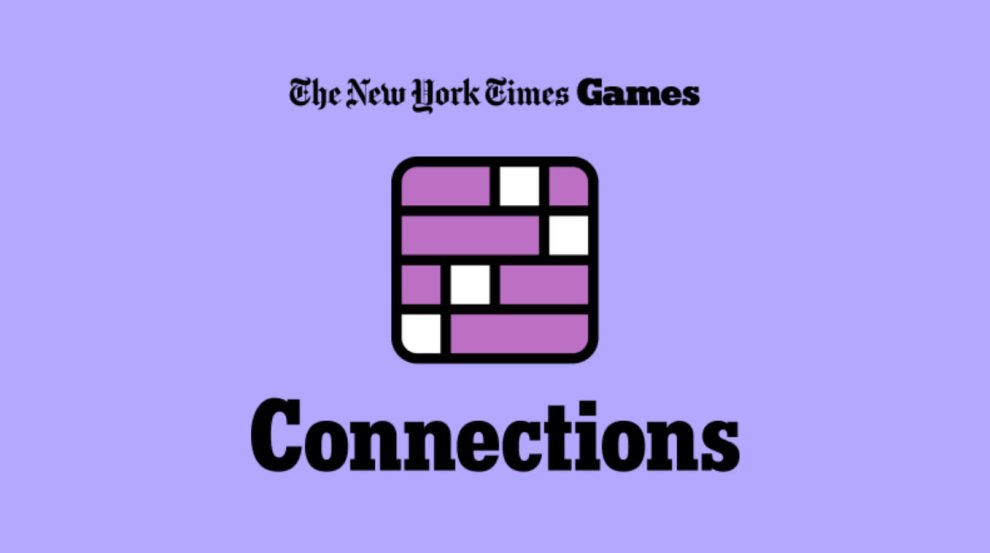The daily NYT Connections puzzle can be a delightful brain teaser, but sometimes even the most avid word players get stuck. Fear not! This guide delves into the strategies behind conquering the puzzle, using the July 1st edition as a springboard, and offers tips for tackling future challenges.
Understanding the NYT Connections Puzzle
The NYT Connections puzzle presents four groups of words, each with a hidden thematic connection. Your task is to identify this connection and fill in the missing word for each group. Hints are provided to guide you, with the difficulty increasing as you move through the color spectrum (yellow being easiest, purple being hardest).
Taking a Closer Look at the July 1st Puzzle:
Here’s a breakdown of the July 1st puzzle, along with the solutions (avoiding spoilers for future readers, we won’t reveal the answers directly):
- Yellow: These words are used to give directions. (Think: navigating a path)
- Green: These words represent schemes for making quick money. (Think: shady shortcuts)
- Blue: These words can be found on a U.S. dollar bill. (Think: American currency)
- Purple: These words are the first words of Canadian provinces/territories. (Think: geographical locations north of the US)
Conquering NYT Connections: Essential Tips
Whether you’re a seasoned puzzler or a curious newcomer, here are some valuable tips to elevate your NYT Connections game:
- Start with the Easiest: Begin with the yellow group, as these hints are usually straightforward. Solving the easiest group first can give you a confidence boost and potentially offer clues for tackling the harder ones.
- Think Thematically: Don’t get bogged down in individual words. Focus on the overarching theme that connects all the words within a group.
- Utilize the Hints Wisely: The hints are there to help, but don’t rely on them solely. Sometimes, the “aha” moment comes from piecing together the clues yourself.
- Embrace Multiple Meanings: Words often have multiple definitions. Consider all possibilities to see if they align with the group’s theme.
- Don’t Be Afraid to Guess: Sometimes, an educated guess can lead you down the right path. If you’re truly stuck, try filling in a blank with a word that feels thematically relevant and see if it sparks further connections.
- Practice Makes Perfect: The more you play, the better you’ll become at identifying thematic connections. Don’t get discouraged if you don’t solve every puzzle right away. Keep practicing, and you’ll see your skills improve.
Beyond July 1st: Daily Strategies for NYT Connections Success
Now that you have the fundamentals down, here are some additional tips to keep in mind as you tackle future NYT Connections puzzles:
- Stay Informed: Keeping up with current events and cultural trends can be helpful, as themes might be based on recent news or popular culture references.
- Think Outside the Box: Sometimes, the connection might not be readily apparent. Don’t be afraid to consider unconventional interpretations of the words.
- Utilize Online Resources: If you’re truly stumped, there are online resources available that offer hints and solutions for past NYT Connections puzzles. However, use these resources sparingly to avoid spoiling the challenge for yourself.
Remember, the NYT Connections puzzle is designed to be a fun and stimulating mental exercise. Don’t get discouraged if you don’t solve it right away. Enjoy the process of thinking critically, making connections, and ultimately experiencing the satisfaction of cracking the code!
















Add Comment